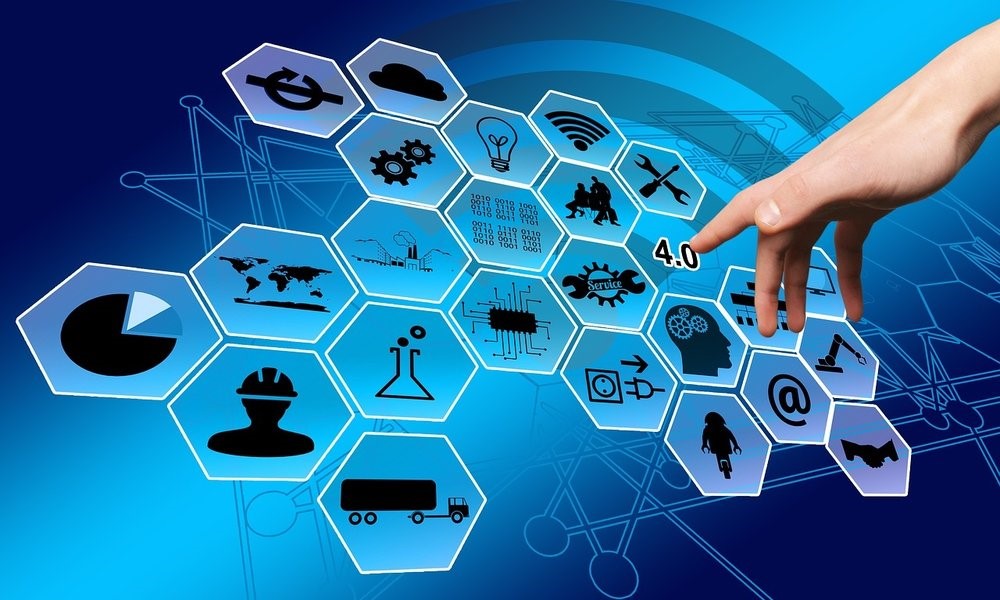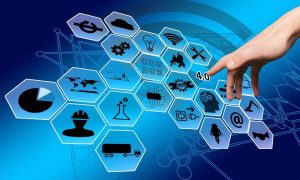
The technical translation: What are its characteristics and what is its importance?
Date: 25/09/2019
Edited by: TDX PERU SAC

A translation is considered technical when using a specific terminology related to certain natural and social science and technology disciplines. They are generally aimed at a very particular audience, which is accustomed to a series of concepts little known by a large sector of the population, and have a clearly informative purpose.
Technical translations are of great importance and impact at the scientific, business, industrial and even political and social levels. The technical translation allows the dissemination, at a massive level, of relevant findings as a result of research and therefore guarantees scientific progress. In addition, it guarantees that health regulators in a country can analyze information concerning the safety and quality of various medications, biomedical equipment and therapies from abroad. But the implications go further, many international health and environmental policies can be discussed and implemented in a state thanks to technical translations.
Which with the characteristics of the technical translations?
- The authors employ specialized terminology. The language used is not literary and the tone is formal.
- They are usually written in 3rd person and conjugated verbs in indicative mode. The subjunctive mode is practically not used.
- The author is always a specialist in the subject.
- The technical documents have a rigid structure. They are usually texts where objectivity, clarity and conciseness are constant
What are the areas in which the technical translation takes place?
- Engineering and its applied technologies:
- Agronomy
- Aeronautical Engineering and Technology
- Chemical Engineering and Technology
- Construction technology
- Engineering and electronic technology
- Environmental Engineering and Technology
- Food Technology
- Industrial Technology and Engineering
- Mechanical Engineering and Technology
- Metallurgical Engineering and Technology
- Automotive technology
- Mining Engineering and Technology
- Nuclear technology
- Telecommunications technology
- Textile technology
Among others
- Biomedical sciences
- Public health
- Biochemistry
- Genetics
- Pharmaceutical technology
- Biotechnology
- Pharmacology and clinical trials
- Veterinary sciences
- Pathophysiology
- Toxicology and environmental health
Among others
- Another field that must be taken into account within the concept of technical translation is that related to New Technologies. A category that changes and develops day by day in the international arena and that interests new generations so much. Beyond the Internet sector, these new technologies are:
- Microelectronics
- Automation
- Laser technology
- Renewable energy
- New Materials
- Nanotechnology
As we see the fields of action of technical translations are really vast and the quality of the translation of a technical text will depend on the specialization of the translator in that field of action.


